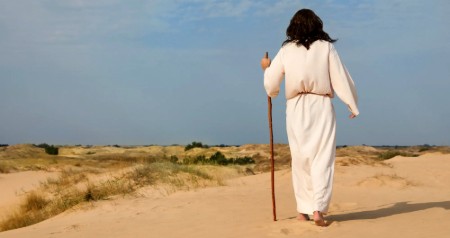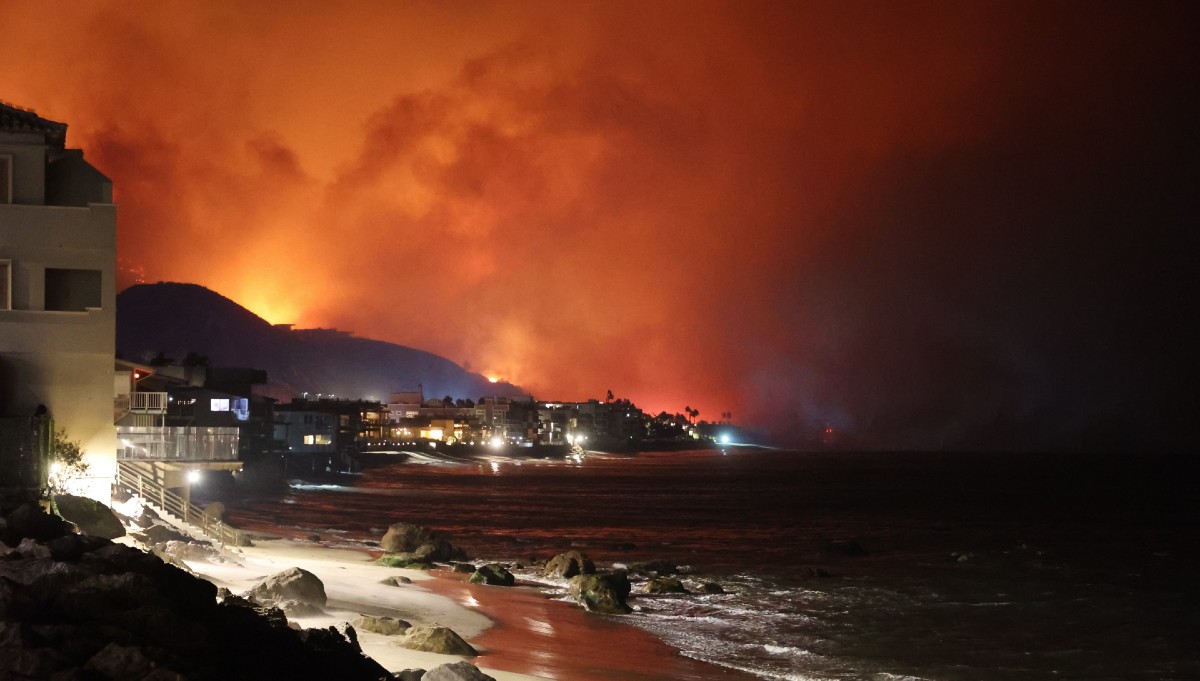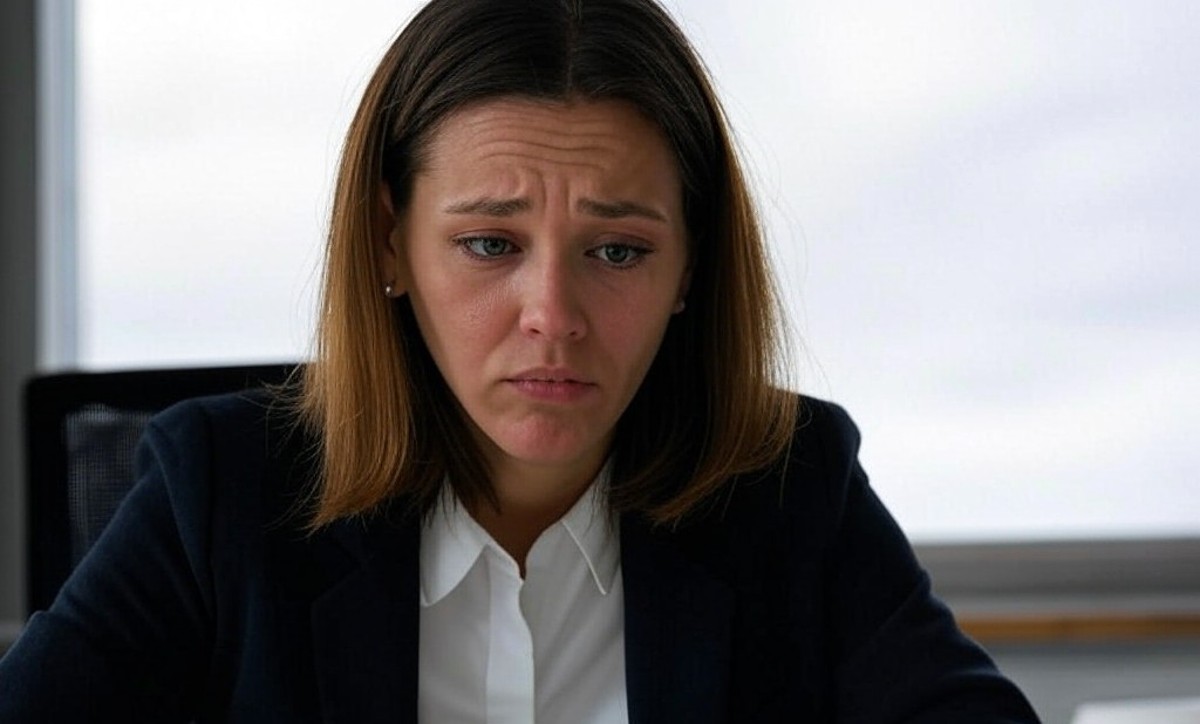We ask you, urgently: don’t scroll past this
Dear readers, Catholic Online was de-platformed by Shopify for our pro-life beliefs. They shut down our Catholic Online, Catholic Online School, Prayer Candles, and Catholic Online Learning Resources—essential faith tools serving over 1.4 million students and millions of families worldwide. Our founders, now in their 70's, just gave their entire life savings to protect this mission. But fewer than 2% of readers donate. If everyone gave just $5, the cost of a coffee, we could rebuild stronger and keep Catholic education free for all. Stand with us in faith. Thank you.Help Now >
Priest says Muslim extremists want to rid Middle East of Christians
FREE Catholic Classes
"This is what the Muslim fundamentalists want," the Egyptian Catholic spokesman Fr. Rafic Greische told Vatican Radio. "They want the Christians to evacuate from the Middle East and leave. And this is what is happening every day." He expressed frustration that governments throughout the region, not noted for their responsiveness to popular concerns, "do not take serious action to relieve or solve these problems
Highlights
Catholic News Agency (www.catholicnewsagency.com)
12/22/2010 (1 decade ago)
Published in Middle East
Keywords: Jihais, Muslim extremists, anti-Catholic, Iraq, persecution
P>CAIRO, Egypt (CNA) - An Egyptian priest has explained that radical Muslims are trying to rid the Middle East entirely of Christians, who once comprised the largest religious group in the region.
"This is what the Muslim fundamentalists want," the Egyptian Catholic spokesman Fr. Rafic Greische told Vatican Radio.
"They want the Christians to evacuate from the Middle East and leave. And this is what is happening every day." He expressed frustration that governments throughout the region, not noted for their responsiveness to popular concerns, "do not take serious action to relieve or solve these problems."
Egyptian Christians face significant public and private discrimination, including policies that make it nearly impossible for them to build churches. In November, a crowd demonstrating for their right to build a church in Giza clashed with police, who fired on unarmed protesters.
More than 150 people -including some children- remain in jail following that incident, in a country notorious for police brutality and other human rights abuses.
While Christians have difficulty even finding a place to worship in Egypt, some Egyptian Muslims manage to make their antipathy against the country's Christians well-known. Fr. Greische said groups of Muslims are known to "become violent and make demonstrations," often burning pictures of the head of Egypt's Coptic Orthodox Church.
They're particularly offended, he noted, by "people who want to change their religion" - specifically, Muslims who want to become Christians, who can expect ostracism and may face death threats. Christians who dare to evangelize Egyptian Muslims can expect violent retribution if their work becomes known.
Even instances of Christians becoming Muslims can make these tensions turn explosive. In October, when suicide-attackers at Iraq's Cathedral of Our Lady of Salvation killed almost 60 worshipers at a Sunday Mass in Baghdad, the Islamic State of Iraq group claimed it was an act of retaliation for two alleged female converts from Christianity to Islam, supposedly being held captive by Coptic Christians.
Iraqi experts at the time told CNA that they had no reason to believe the story. Fr. Greische noted that it might simply have been an instance of an ordinary domestic disagreement, being turned into a public libel against Coptic Christians in a climate of suspicion and hostility.
He suspected that the Oct. 31 attack in Baghdad, one of the deadliest acts of anti-Christian terrorism in years, was a response to the Synod for the Middle East that had concluded earlier in the month. That synod ultimately issued only light criticisms of Islamic regimes, and represented an exercise of the kind of religious liberty Islamic extremists disallow.
Fr. Greische said the Baghdad incident had given rise to a climate of fear among Christians throughout the region. "All the churches, we have police all around our churches," he told Vatican Radio. "It's as if we are in a fortress."
It's made for a difficult Advent season. "Up to now, we don't really feel Christmas in the joyful way," he acknowledged. But within churches that may feel like fortresses, Egyptian Christians have a deeper source of security: "Jesus, who is with us (through) all these difficulties that we have."
---
Founded in continued response to Pope John Paul II�s call for a �New Evangelization,� the Catholic News Agency (CNA) has been, since 2004, one of the fastest growing Catholic news providers to the English speaking world.
Join the Movement
When you sign up below, you don't just join an email list - you're joining an entire movement for Free world class Catholic education.
-

-
Mysteries of the Rosary
-
St. Faustina Kowalska
-
Litany of the Blessed Virgin Mary
-
Saint of the Day for Wednesday, Oct 4th, 2023
-
Popular Saints
-
St. Francis of Assisi
-
Bible
-
Female / Women Saints
-
7 Morning Prayers you need to get your day started with God
-
Litany of the Blessed Virgin Mary
Introducing "Journey with the Messiah" - A Revolutionary Way to Experience the Bible
-

Catholic Response to Devastating Los Angeles Wildfires
-

Federal Court Blocks Biden Administration's Gender Identity Rule
-
A Future for Life: Introducing the Winners of the Priests for Life Pro-Life Essay Contest
-
Reflections on Pope Francis' 2025 World Day of Peace message
Daily Catholic
 Daily Readings for Friday, January 10, 2025
Daily Readings for Friday, January 10, 2025 St. William of Bourges: Saint of the Day for Friday, January 10, 2025
St. William of Bourges: Saint of the Day for Friday, January 10, 2025 Prayer for a Blessing on the New Year: Prayer of the Day for Tuesday, December 31, 2024
Prayer for a Blessing on the New Year: Prayer of the Day for Tuesday, December 31, 2024- Daily Readings for Thursday, January 09, 2025
- St. Adrian, Abbot: Saint of the Day for Thursday, January 09, 2025
- St. Theresa of the Child Jesus: Prayer of the Day for Monday, December 30, 2024
![]()
Copyright 2024 Catholic Online. All materials contained on this site, whether written, audible or visual are the exclusive property of Catholic Online and are protected under U.S. and International copyright laws, © Copyright 2024 Catholic Online. Any unauthorized use, without prior written consent of Catholic Online is strictly forbidden and prohibited.
Catholic Online is a Project of Your Catholic Voice Foundation, a Not-for-Profit Corporation. Your Catholic Voice Foundation has been granted a recognition of tax exemption under Section 501(c)(3) of the Internal Revenue Code. Federal Tax Identification Number: 81-0596847. Your gift is tax-deductible as allowed by law.






 Daily Readings for Friday, January 10, 2025
Daily Readings for Friday, January 10, 2025 St. William of Bourges: Saint of the Day for Friday, January 10, 2025
St. William of Bourges: Saint of the Day for Friday, January 10, 2025 Prayer for a Blessing on the New Year: Prayer of the Day for Tuesday, December 31, 2024
Prayer for a Blessing on the New Year: Prayer of the Day for Tuesday, December 31, 2024


